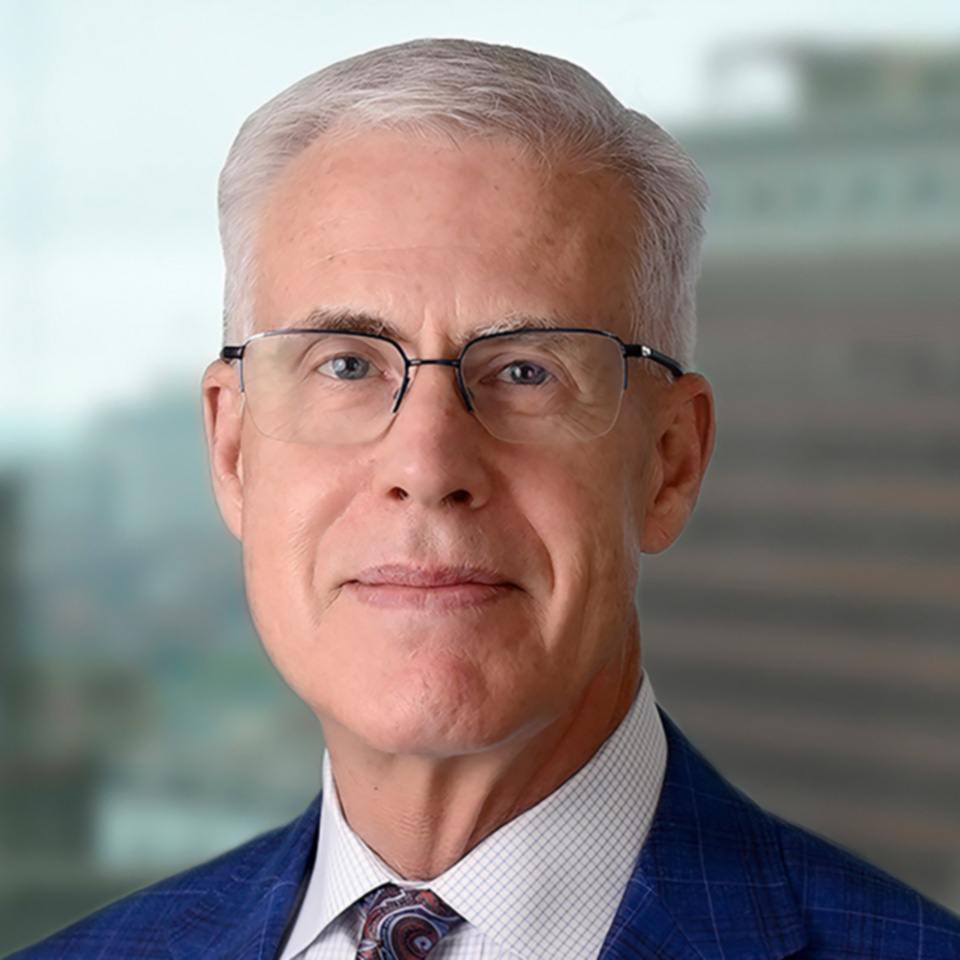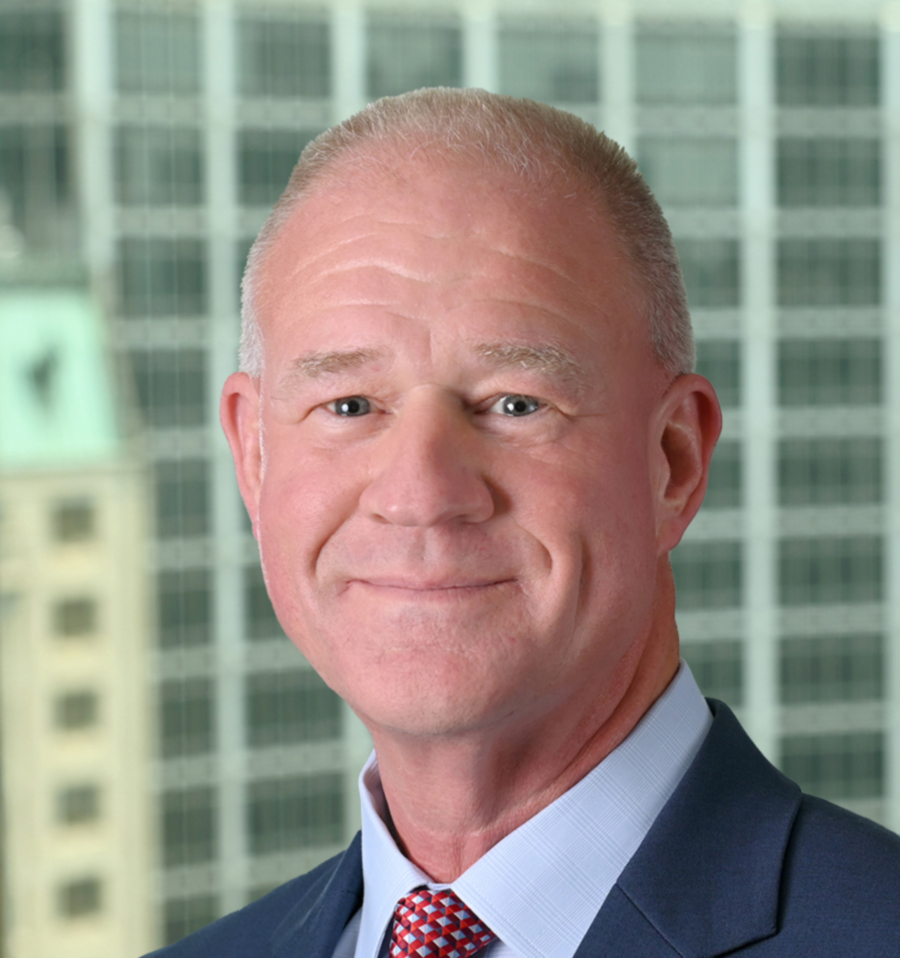On a certified question from the Ninth Circuit Court of Appeals, the California Supreme Court decided a pair of cases that will certainly impact California wage and hour class actions against motor carriers.
10 W. Market St, Ste. 1400
Indianapolis, IN 46204
Scopelitis’ Transportation Brief® is intended as a report to our clients and friends on developments affecting the transportation industry. The published material does not constitute an exhaustive legal study and should not be regarded or relied upon as individual legal advice or opinion.
We are pleased to announce that Chris Eckhart, a Partner in the Firm’s Indianapolis office, has passed the California Bar.
Scopelitis attorneys on the latest transportation industry news and trends.
10 W. Market St, Ste. 1400
Indianapolis, IN 46204
Scopelitis’ Transportation Brief® is intended as a report to our clients and friends on developments affecting the transportation industry. The published material does not constitute an exhaustive legal study and should not be regarded or relied upon as individual legal advice or opinion.
10 W. Market St, Ste. 1400
Indianapolis, IN 46204
Key Cases Addressing the Reach of California’s Strict Wage and Hour Laws
The California Supreme Court recently decided a pair of cases addressing critical questions facing out-of-state companies operating in California.
In Oman v. Delta Air Lines, Inc. and Ward v. United Airlines, Inc., the Court concluded that California’s wage statement and wage payment laws only apply when the employee’s principal place of work is in California. For interstate workers whose work is not primarily performed in any single state (i.e., more than 50%), the Court held these laws will only apply if the workers have their base of work operations in California. The Court did not specifically define what constitutes “base of work operations,” but suggested that designating an employee as assigned to or associated with a particular terminal or location in California would suffice.
Notably, the Court did not create any exceptions for nonresident employees or companies based outside California. Therefore, all employers must provide California-compliant wage statements and wage payments to any employee whose principal place of work is California.
The Court’s analysis could also help carriers avoid the application of California’s misclassification laws to independent contractors based outside of California. The Court decided to limit the application of California’s wage statement and payment laws to workers who principally work in California based, in part, on its desire to avoid conflicts with other states’ laws. Imposing California’s misclassification law on an independent contractor’s work that is not principally performed inside California would arguably create the conflict the Court sought to avoid in the Airline cases.
The Court also provided helpful guidance on when an activity-based pay system complies with California’s minimum wage laws. Importantly, the Court held that California’s minimum wage laws gave employers and employees the flexibility to broadly define the work covered by the piece-rate pay, subject to two requirements. First, the average rate for the piece-rate work must meet or exceed the minimum wage. Second, under California Labor Code § 226.2, the employer must still pay piece-rate employees separate wages for “non-productive time” (i.e., work that is not directly related to the activity paid by the piece). Carriers that pay drivers on a piece-rate basis and dispatch those drivers to and from California should review their compensation policies to ensure they comply with the Court’s interpretation of how California’s minimum wage laws may apply to those drivers.
Spotlight on Cargo Claim & Freight Charge Practice – Managing the Expected & Unexpected in the COVID-19 Era
When COVID-19 struck, shippers, brokers, and carriers had to stay focused on the immediate challenges of the pandemic. However, as we settle into the current “new normal”, cargo claims are back on everyone’s radar — including claims related to the pandemic (e.g., claims where a shipment was handled by a person who later tested positive; or claims where a shipment was unexpectedly delayed due to a local shutdown or similar issue). Consideration must be given to whether an act of God or act of government authority applies, whether the contract contemplates pandemics as a force majeure event, and whether insurance exists for the cause of the claim.
In addition, the first wave of COVID-19 related bankruptcies has begun — from Hertz to Cirque de Soleil. When assessing exposure to potential or actual customer bankruptcies, transportation and warehouse service providers should be careful not to increase their exposure to financially unstable clients and take action to minimize their exposure both before the bankruptcy filing and immediately thereafter.
The Firm’s Cargo Claim & Freight Charge/Collection group regularly assists clients with exposure mitigation and receivable recovery in these areas. If you expect the unexpected and prepare your game plan in advance, you can be prepared for these issues and minimize your exposure to cargo claims, customer bankruptcies, and other collection issues.
Scopelitis Partner Craig Helmreich directs the Firm’s Cargo Claim & Freight Charge/Collection practice with assistance from Kathleen Jeffries, Michael Tauscher, Andrew Marquis, Greg Ostendorf, and Tyler Biddle.
Circuit Courts Grapple with the “Transportation Worker” Exemption
The Supreme Court’s holding in New Prime—that operating agreements with bona fide independent contractors can fall within the “transportation worker” exemption to the Federal Arbitration Act (FAA)– has not been the death knell for the transportation industry’s efforts to enforce arbitration agreements under the FAA. Instead, the fight has moved to another element of the exemption, namely, whether the individual belongs to a class of workers engaged in interstate commerce. The First Circuit was the first federal appellate court to rule on this topic and held that local delivery drivers who transport goods moving in interstate commerce are exempt, even if they do not cross state lines. But the First Circuit also made clear that courts should look to see whether arbitration is available under state law. Another unsettled question is whether the focus is on the worker bringing claims, or the general class of workers to which the individual belongs. The Ninth and Seventh Circuits heard oral arguments in cases raising similar questions within a week of the First Circuit, so additional decisions are expected soon. The briefing is pending in a similar case before the Eleventh Circuit. Given the possibility of a “circuit split,” we may see another transportation arbitration case on the Supreme Court’s docket in the next year or two.
Department of Labor Activity
The U.S. Department of Labor has been active through a tumultuous first half of 2020. While the Department’s response to the COVID-19 crisis has garnered most of the attention, there have been important developments in other areas. Effective January 15, 2020, the Department’s new regulations clarify the type of employment perks and benefits that may be properly excluded from the calculation of an employee’s regular rate of pay when determining overtime payments. Effective March 16, 2020, the Department’s new regulations clarify the balancing test factors that should be considered when determining joint employment. And on May 18, 2020, the Department issued its Final Rule updating the Retail and Service Worker Exemption and, as welcome news to employers, expanding the scope of industries that might qualify as a retail or service establishment.
PPP and Beyond: Where Can I Turn For Additional Help?
The Paycheck Protection Program (PPP), although credited with helping the economy stay afloat and keeping workers employed, has not been a model of clarity. A constant drip of new rules and guidance, leaves many questions unanswered as new flexibility offers borrowers options that will impact how much of the loan can be forgiven. For those that did not initially take advantage of the PPP loan program, eligibility to apply for the remaining $125 billion plus in available PPP financing was extended to August 8, and Congress is also debating a second bite at the PPP apple for borrowers that are still struggling. But other options are also available for those that remain in need of assistance (including for PPP borrowers). The recently reopened SBA Economic Injury Disaster Loan and the Main Street Lending Program (MSLP) are two examples. After a slow rollout due in part to limited banking facility participation, the MSLP just began accepting applications from eligible companies with up to 15,000 employees or 2019 revenues of up to $5 million. Although not forgivable, MSLP loans have a 5-year maturity at competitive interest rates (LIBOR plus 300 basis points). The principal payments are deferred for two years, interest payments are deferred for one year, and there is no prepayment penalty.
Plaintiffs Unmask Reimbursement Claims for Personal Protective Equipment
Several states require employers to reimburse employees for expenses incurred on the job. California Labor Code Section 2802, for example, requires employers to “indemnify” employees for all “necessary” expenses incurred as a direct result of carrying out their work duties. In the wake of the COVID-19 pandemic, several class action law suits have already been filed seeking to recover costs related to personal protective equipment (PPE) workers have purchased for use while on the job. These types of claims will likely increase as mask and other PPE mandates become more common. Transportation companies operating in states with reimbursement statutes should review their policies regarding reimbursement of employee expenses to ensure compliance.
COVID-19 and Workplace Liability
As companies reopen, a primary concern is liability for workers or customers who may claim to have been exposed to COVID-19 in their business. This may arise as a workers’ compensation claim, a claim for negligent sanitation or failure to implement or enforce social distancing measures. Legislatures at both the state and federal level are addressing this concern in multiple ways. Any Phase 4 COVID-19 federal relief package is likely to contain some limitation of liability for businesses and schools. In contrast, states such as California and Illinois have taken steps to declare that essential workers who become ill with the virus will be presumed to have been exposed on the job and therefore eligible for workers’ compensation. This issue is quickly-evolving and may continue to change during the pandemic.
We are pleased to announce that Chris Eckhart, a Partner in the Firm’s Indianapolis office, has passed the California Bar.
- Chris Eckhart reports that the challenge to the FMCSA’s December 2018 order preempting California’s meal and rest break rules will be set for oral argument in the Ninth Circuit this fall.
- According to Kelli Block, the Ninth Circuit plans to hear oral argument on September 1, 2020 in CTA v. Becerra—the federal district court decision enjoining the State of California from enforcing California Assembly Bill 5 (AB5) against motor carriers. The Ninth Circuit typically issues decisions within three months to a year of oral argument, so we may know where the Ninth Circuit stands on the enforceability of AB 5 against motor carriers by the end of the year. This does not necessarily mean an end to the AB5 controversy is in sight, considering most pundits agree the decision will be appealed to the United States Supreme Court regardless of where the Ninth Circuit lands on the issue.




